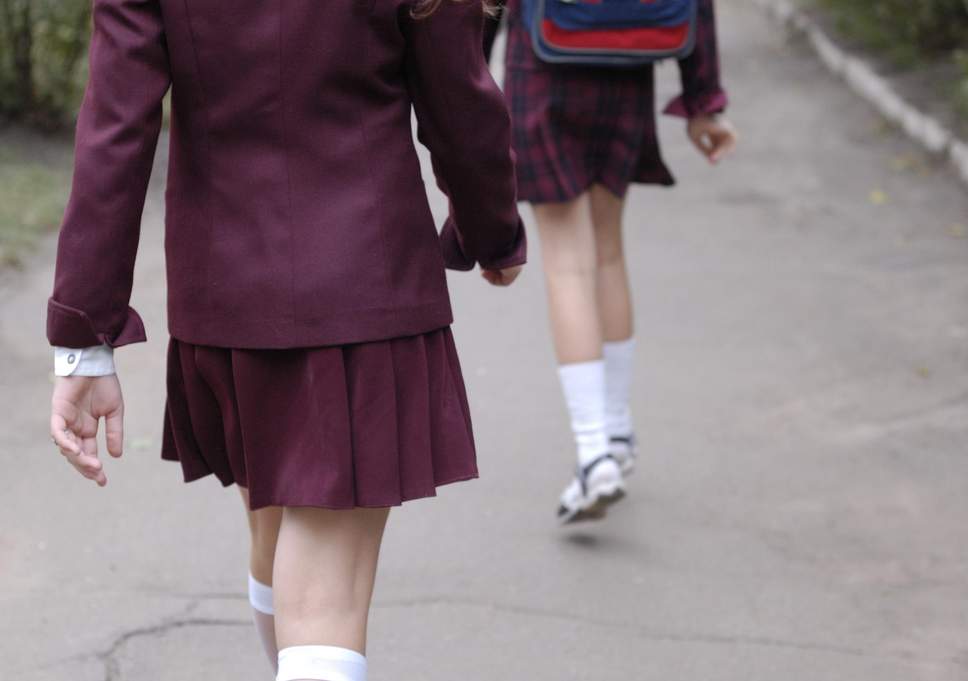By Kate Feldman
New York Daily News
WWR Article Summary (tl;dr) U.S. District Judge Malcolm Howard, in his ruling, said the dress code violates the Equal Protection Clause of the Constitution.
New York Daily News
In a legal fight that sounds like it was written for a Jane Austen novel, a federal court ruled that a North Carolina charter school’s dress code was unconstitutional.
Charter Day School, a K-8 school in Leland, has required girls to wear skirts as part of their uniform since opening in 2000.
But in 2016, the parents of three girls, then 5, 10 and 14, sued the school, claiming that the skirts keep the students colder in the winter and inhibits them during activities like recess, according to the lawsuit.
U.S. District Judge Malcolm Howard, in his ruling, said the dress code violates the Equal Protection Clause of the Constitution.
“All I wanted was for my daughter and every other girl at school to have the option to wear pants so she could play outside, sit comfortably, and stay warm in the winter,” said Bonnie Peltier, the mother of a former Charter Day School student and a client in the case, said in a statement.
buy suhagra generic buy suhagra online no prescription
“We’re happy the court agrees, but it’s disappointing that it took a court order to force the school to accept the simple fact that, in 2019, girls should have the choice to wear pants.”
In an email cited in the lawsuit, Charter Day School founder Baker A. Mitchell, Jr., allegedly said the dress code was based on “traditional” values and meant to emphasize “chivalry.”
He also allegedly cited the 1999 Columbine massacre, during which 13 students were killed and 24 injured, including 14 women.
“The Trustees, parents, and other community supporters were determined to preserve chivalry and respect among young women and men in this school of choice,” Mitchell wrote, according to the lawsuit.
“For example, young men were to hold the door open for the young ladies and to carry an umbrella, should it be needed. Ma’am and sir were to be the preferred forms of address. There was felt to be a need to restore, and then preserve, traditional regard for peers.”
The school board claimed that changing anything about the campus risked students test scores, but the judge ruled that the school hadn’t proven “any facts showing specifically how the skirts requirement furthers this success,”














































































































































































































































































































































































